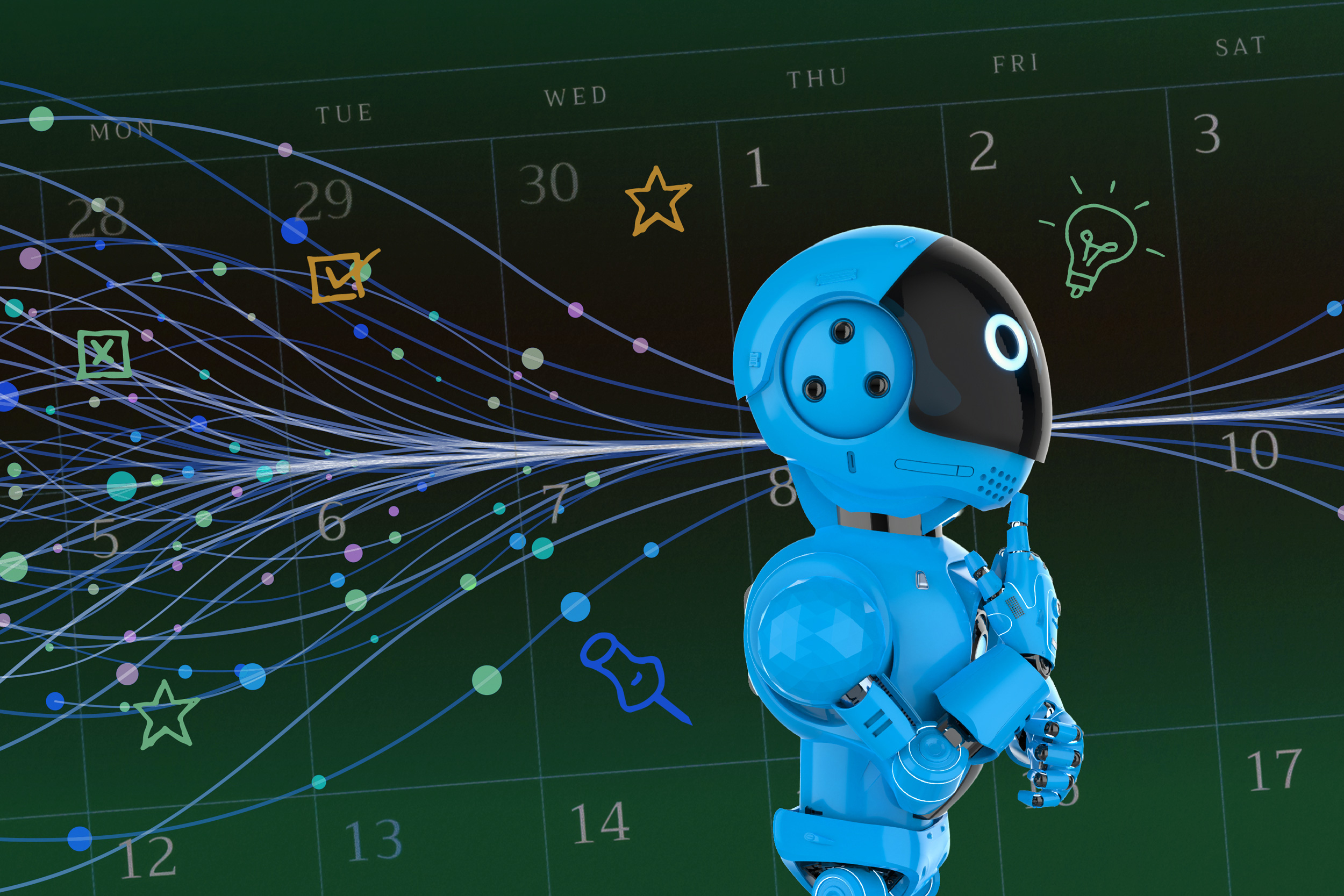UPDATE: MIT researchers have just announced a groundbreaking method enabling large language models (LLMs) to permanently absorb new knowledge, a significant leap in artificial intelligence. This innovative approach could revolutionize how AI systems learn and adapt, making them more effective in real-world applications.
In a notable development, the team at MIT has created a framework called SEAL, or “self-adapting LLMs,” which allows these models to generate and internalize new information similar to human learning processes. Currently, once deployed, LLMs are static and cannot adapt their “brain” to incorporate new data from users. This limitation has hindered their potential in dynamic environments.
Researchers, led by graduate student Jyothish Pari, explain that this new technique allows LLMs to act more like students, generating their own “study sheets” based on user inputs. By employing a trial-and-error method known as reinforcement learning, the models can test multiple self-edits to determine which best enhances their performance on tasks such as question answering and pattern recognition.
The results are promising: SEAL has improved model accuracy in question-answering tasks by nearly 15 percent and boosted success rates in skill-learning tasks by over 50 percent. This could enable smaller models to outperform their larger counterparts, a significant advancement in the field.
Researchers are aware of challenges, such as “catastrophic forgetting,” where models could lose proficiency in earlier tasks as they adapt to new information. Future work will focus on addressing this issue and exploring multi-agent settings where LLMs can learn collaboratively.
Pari emphasizes the need for AI systems to evolve:
“Just like humans, complex AI systems can’t remain static for their entire lifetimes. These LLMs are constantly facing new inputs from users. We want to make a model that is a bit more human-like — one that can keep improving itself.”
The breakthrough will be presented at the upcoming Conference on Neural Information Processing Systems, signaling a critical moment for the future of artificial intelligence. This research is supported by the U.S. Army Research Office and the U.S. Air Force AI Accelerator, highlighting its potential military and strategic applications.
As AI continues to integrate into various sectors, this development offers exciting possibilities for more adaptive and responsive systems. The implications for industries ranging from healthcare to finance could be transformative, making the ability for AI to learn dynamically a necessity in an ever-evolving technological landscape.
Stay tuned for further updates on this developing story as MIT continues to explore the boundaries of AI learning capabilities.





































































